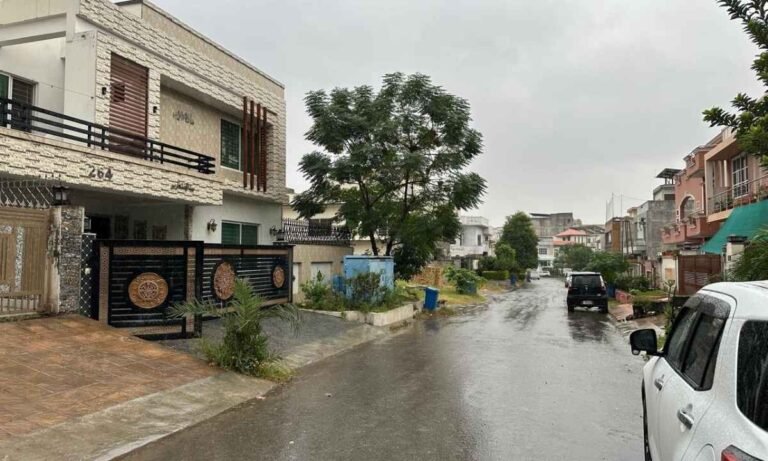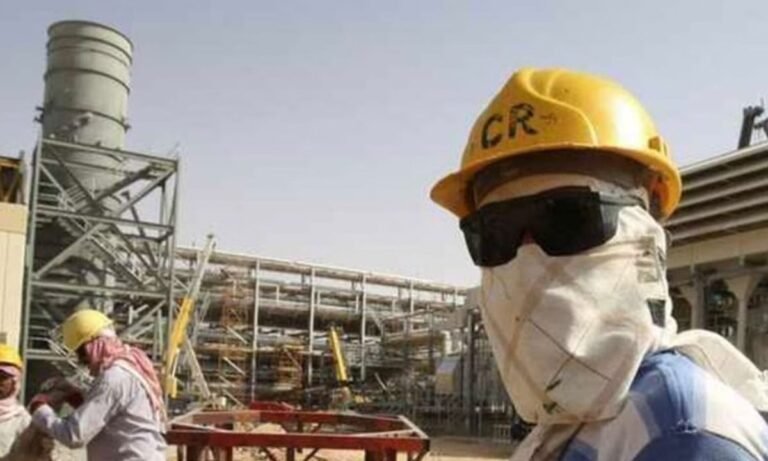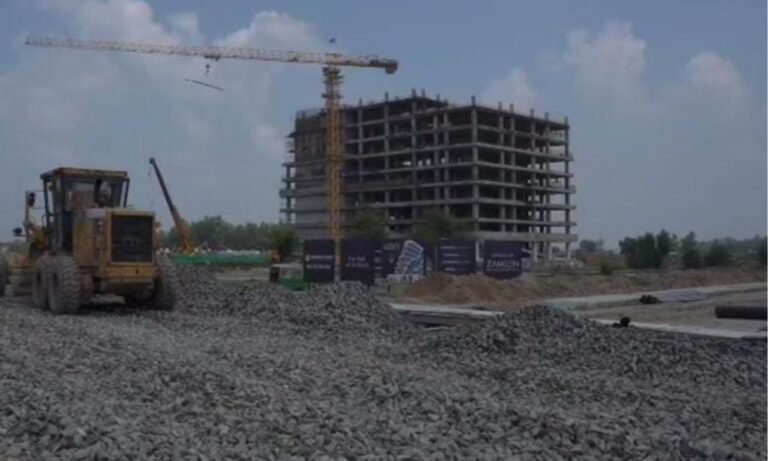KARACHI: The Sindh government announced on Sunday all provincial educational institutes will remain closed until August 19. The Sindh takes a decision to close educational institutes following an increase in the Delta variant Covid-19 virus.
It also plans to begin tests on August 10th and considers extending business hours, resuming outdoor eating, and holding events.
Sardar Ali Shah, the provincial education minister, made the announcement on Sunday at a department meeting in Karachi.
Shah said the Sindh government had previously postponed exams, will now begin on August 10. He went on to say that the provincial government will ensure to minimize the presence of all academic and administrative workers at the institutes.
Speaking on the occasion, Minister for Universities and Education Boards Ismail Rahu stated that the lockdown had previously forced the postponement of intermediate exams, but that the meeting has now resolved to keep the institutes closed until the 10th of Muharram.
Read More: Is Online Education Learning in Pakistan Effective?
Rahu further announced that the remaining education board exams will be held until the sixth of Muharram.
Meanwhile, the Sindh government will hold a meeting to discuss the National Command and Operation Centre’s (NCOC) suggestion to extend the province’s business hours until 8 p.m.
It will also consider permitting outdoor dining at eateries and holding gatherings in open locations throughout the province.
The NCOC declared on Saturday to lift the province’s lockdown on August 9, Sindh government had imposed earlier.
Chief Minister Syed Murad Ali Shah told the meeting’s participants that the number of active Covid-19 cases in the province was currently on the decline, notably in the provincial capital, where the positive ratio had dropped by 3% to 21%.
The officials informed the forum that, while instances in Karachi are decreasing, the fourth wave is engulfing other regions of the country, particularly the Azad Jammu and Kashmir region, which now has a positive ratio of 26%.
Read More: Education Ministry seeks Rs 500 million funds
Sindh’s overall positive rate was 13%, while infections were on the rise in Punjab and Khyber-Pakhtunkhwa.
Murad informed NCOC that the province had entered the sixth week of the fourth wave, which was now progressively fading.
Sindh eases Covid-19 restrictions
On the recommendation of the National Command and Operations Centre (NCOC), the Sindh government removed the Covid-19 limitations imposed to contain the spread of the coronavirus pandemic’s fourth wave.
As of Sunday, markets and business activities can run until 8pm instead of 6pm, according to the province home department.
It said the restriction on inside dining would continue, but that outside dining would be allowed until 10 p.m. “Takeaway and home delivery are permissible 24/7,” it said.
The provincial administration banned indoor weddings on Monday. However, it approved outdoor weddings with a maximum of 300 guests following Covid regular operating protocols (SOPs).
The province’s shrines and cinemas will remain closed, and physical sports will be banned, according to the notice.
It said normal work would continue in public and private offices. However, attendance would be cut from 100% to 50%.
The province’s entertainment parks, water sports and swimming pools will also be shuttered. It stated that public parks might remain open under rigorous Covid guidelines.
Despite the escalating number of coronavirus cases in Pakistan, notably in Sindh, the NCOC declared on Saturday that the province’s lockdown will be removed on Monday.
In a joint session in Karachi, it also determined to implement non-pharmaceutical interventions (NPIs) given by the NCOC for the top 13 disease-prone cities, including Karachi and Hyderabad.
“The disease condition in Sindh, particularly in Karachi, was extensively explored. They also emphasized need for increased coordination and cooperation at all levels.
Dr Faisal Sultan and other officials were present at the session.
According to a statement, the participants stressed on implementation of SOPs/NPIs, especially after Muharram and the easing of the lockdown on August 9. However, they said that government will impose mart Lockdowns in virus-affected areas to slow illness transmission.





